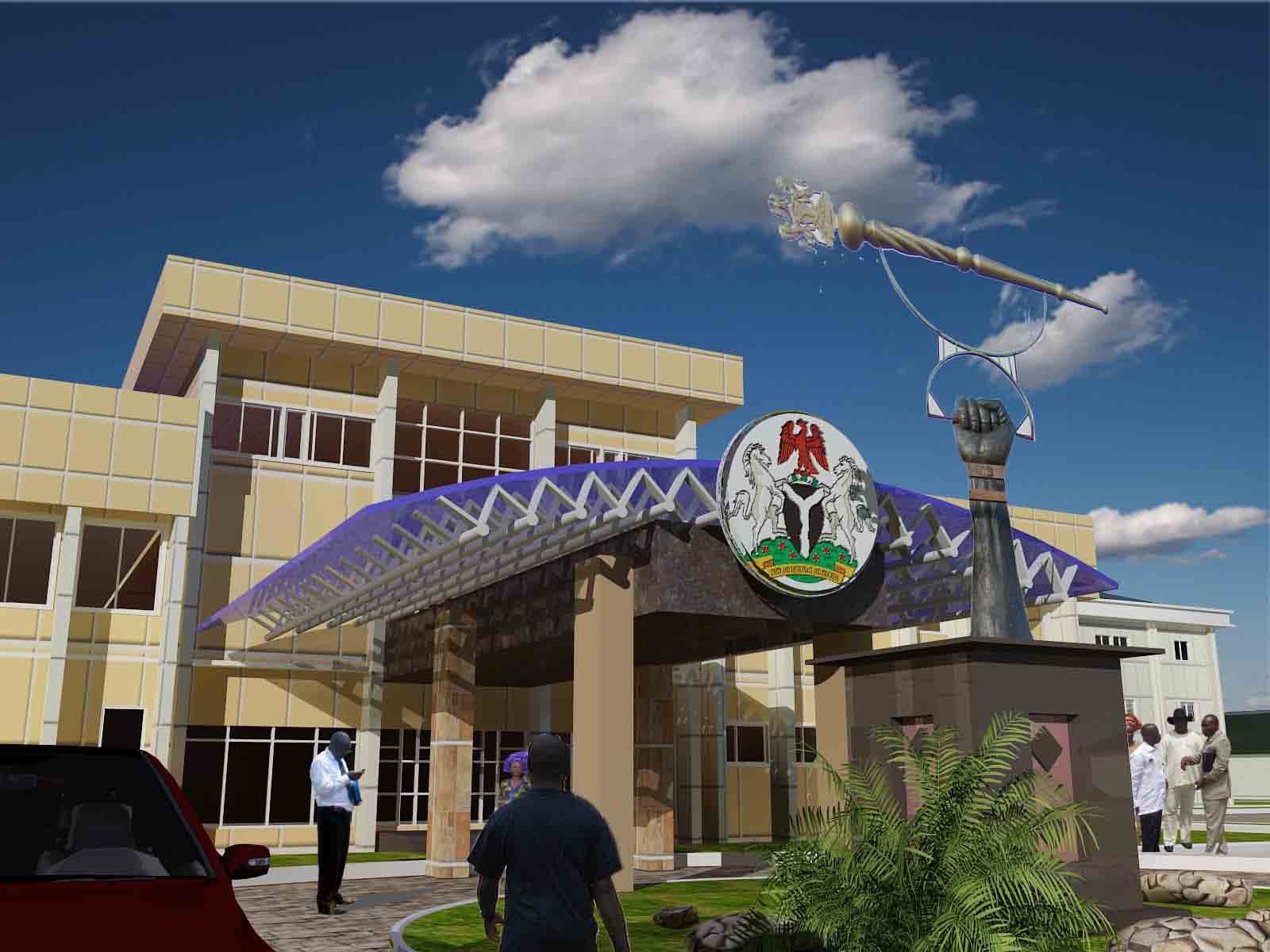
Dr. Casmir Ifeanyi, a public health and infectious disease expert, has attributed the ongoing cholera outbreak in Nigeria to poor sanitation and inadequate healthcare infrastructure, dismissing claims that the outbreak is due to the rainy season as misleading and unscientific.
Dr. Ifeanyi, who also serves as the National President of the Association of Medical Laboratory Scientists of Nigeria (AMLSN), criticized the Nigerian government’s insufficient attention to water and sanitation issues. In an interview with Good Health Weekly, he emphasized that the recurrent cholera outbreaks are a consequence of systemic failures in water, sanitation, and healthcare services.
“It’s misleading to attribute the persistent cholera outbreaks in Nigeria to the rainy season. This view is not based on empirical evidence. We have repeatedly highlighted the need for improved infrastructure, equipment, systems, and processes, particularly disease notification systems, but our calls have gone unheeded,” said Dr. Ifeanyi.
He pointed out that the current outbreak is just one of many persistent disease outbreaks in Nigeria, which risk becoming endemic due to poor management. He recalled a severe cholera outbreak in Cross River State in late 2023, which occurred outside the rainy season, underscoring that the root causes are unrelated to rainfall.
“Cholera thrives in environments with poor water, sanitation, and hygiene. None of the 30 states currently affected have adequate public potable water supplies. Open defecation is rampant, further exacerbating the spread of cholera,” he added.
Dr. Ifeanyi stressed the importance of addressing water, sanitation, and hygiene (WASH) practices, including ending open defecation and ensuring access to clean water, to prevent future outbreaks. He highlighted Nigeria’s high incidence of open defecation, which is among the highest globally, as a major contributor to the spread of cholera.
He also called for significant investments in healthcare infrastructure, particularly medical laboratories, to enable early diagnosis and treatment of cholera and other diseases. “We need a robust disease notification system and routine screening capacities in all healthcare institutions to effectively manage and prevent cholera outbreaks,” he said.
Dr. Ifeanyi lamented the lack of focus on medical laboratories in discussions about healthcare reform, emphasizing that strengthening laboratory services at all levels is crucial for combating disease outbreaks. He also pointed out the need for rapid diagnostic tests to identify cholera cases promptly and accurately.
“Until we develop the capacity to routinely diagnose cholera and other diseases at primary, secondary, and tertiary healthcare levels, cholera will remain a persistent threat. Our current response systems are inadequate, and without substantial improvements, cholera will continue to plague our communities,” he concluded.



